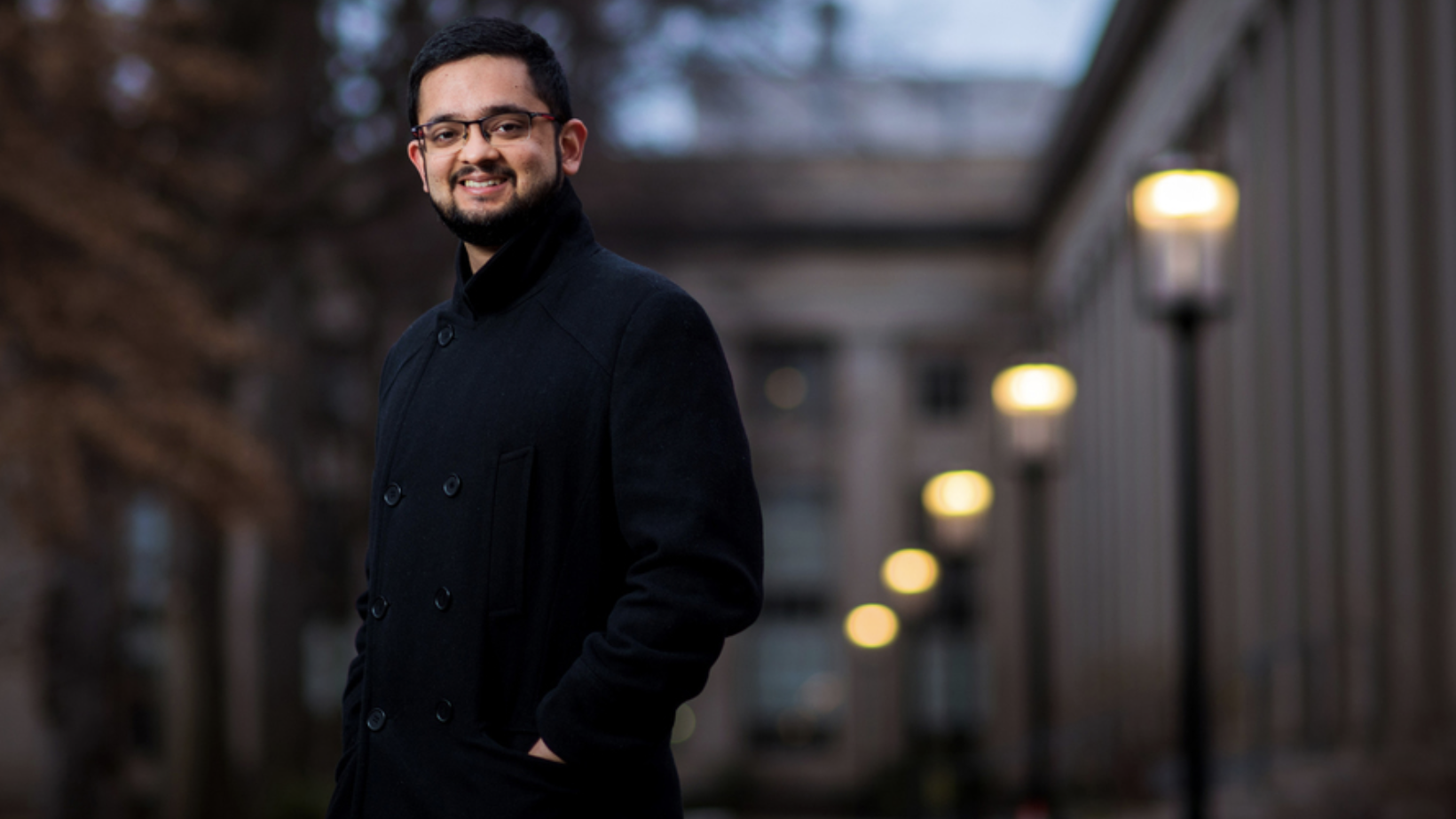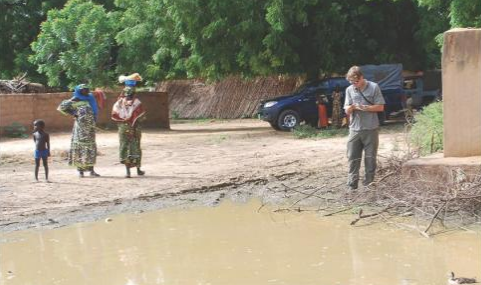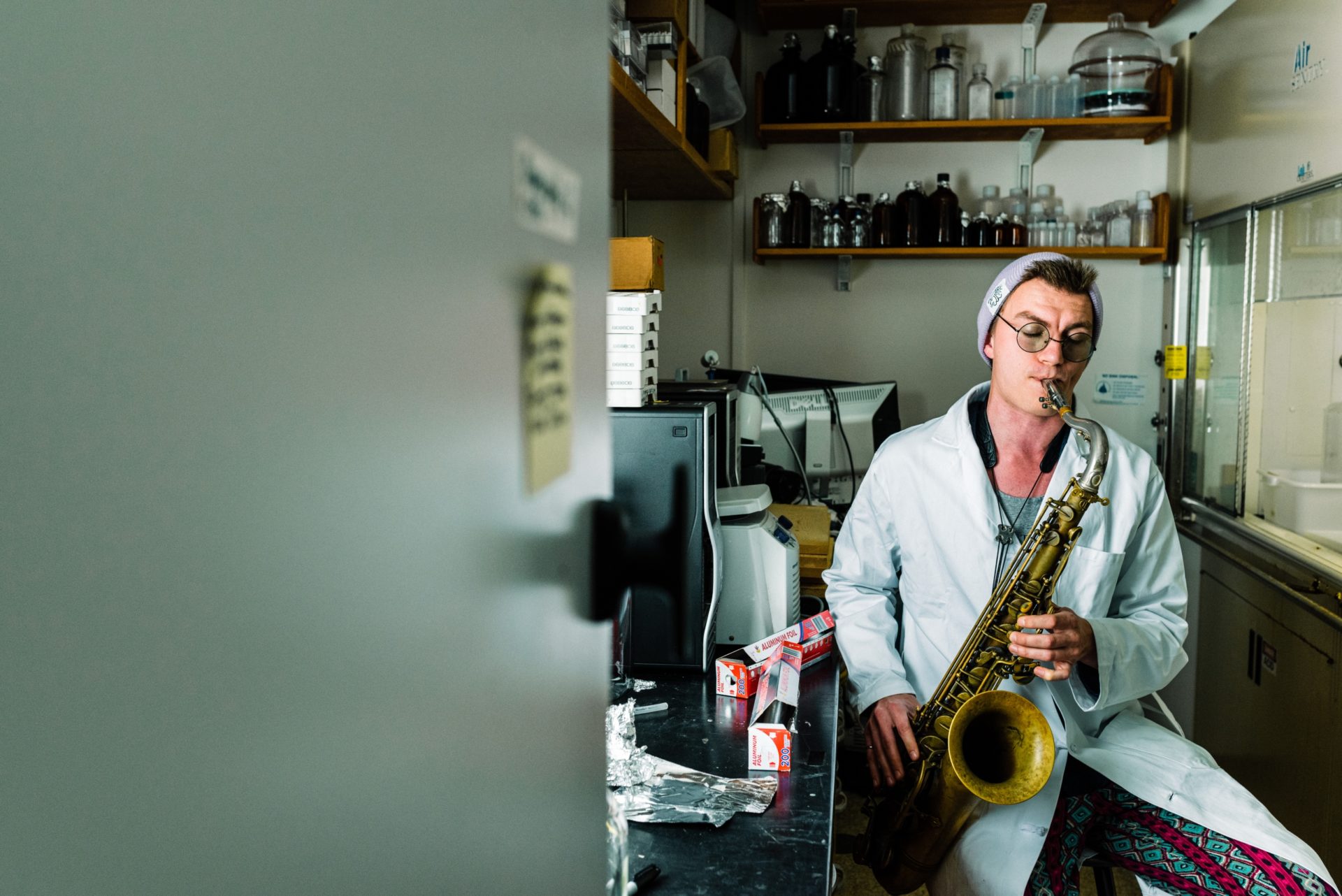Tackling air pollution in India and the developing world

PhD student Sidhant Pai works on atmospheric chemistry models that may help policymakers improve air quality in their region.
“I grew up with asthma as a kid, so bad air quality holds a visceral significance for me,” says Sidhant (Sid) Pai ’14, who spent much of his childhood in Pune, India. Located about 90 miles southeast of Mumbai, the city’s population has mushroomed over the past few decades, creating significant waste management concerns and poor air quality. Witnessing these unintended consequences of development and urbanization has shaped Pai’s interests in environmental engineering — first as an undergraduate at MIT and now as a graduate student.
“I’ve been fortunate to live in areas with relatively good air quality, but air pollution results in over a million premature deaths in India every year, heavily impacting under-served communities that live in the most polluted regions,” he says. “That’s what makes studying regional air quality in India an important and potentially impactful space.” Pai’s doctoral work is broadly motivated by his passion for human-centered environmental problem-solving.
That passion inspired him to found a social enterprise project, called Protoprint, in Pune after he finished his bachelor’s degree at MIT in 2014. The organization works collaboratively with a waste-picker cooperative, using low-cost and decentralized technology interventions to upcycle waste plastic. Protoprint provides a market-driven solution to augment waste-picker incomes while also increasing profitable recycling avenues for the city.
Pai is particularly interested in exploring translational science related to air quality and climate. “I tend to be pretty scattered in my interests,” he says laughing, “but I’m generally motivated by a sense that I’m contributing to a tangible problem that people actually care about — something that I can intuitively validate as important. I knew I wanted to work on air pollution and climate issues even as an undergrad, but felt like I needed to better understand the science if I was interested in contributing to solutions.”
Share on Bluesky


